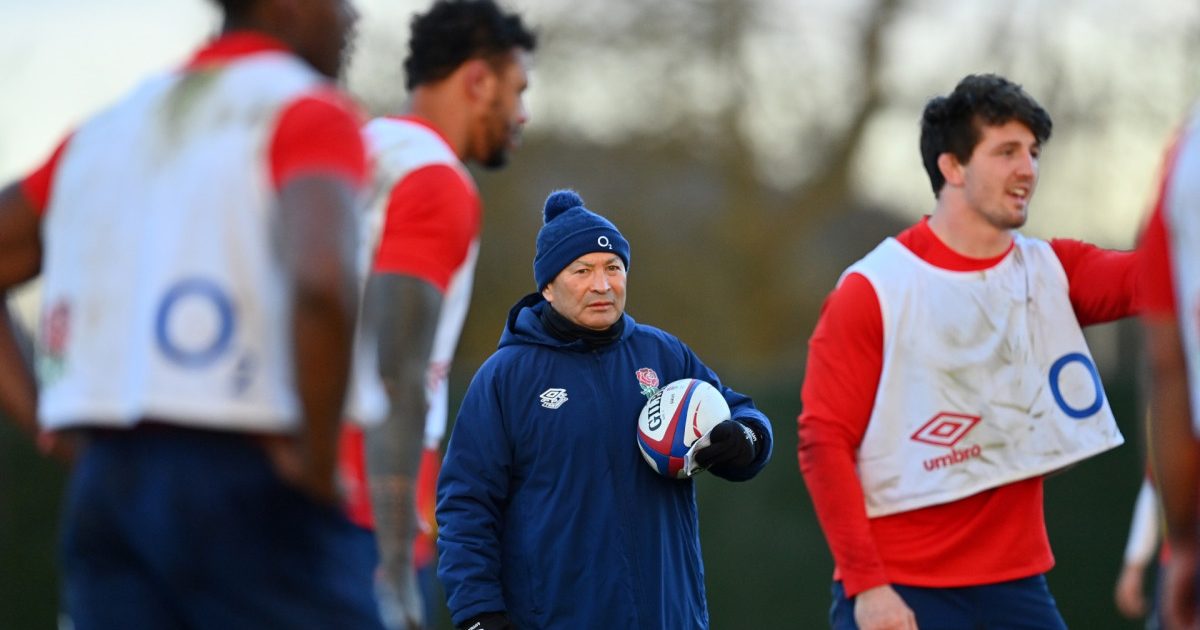Eddie Jones' most bizarre reason yet why England lost to Scotland

Eddie Jones has come up with his most bizarre reason yet as to why England were beaten last weekend by Scotland in the opening round of the Guinness Six Nations – his players have been looking ahead to what the future trends in the game will be rather than taking care of the here and now.
SANZAAR have this week confirmed the addition of new law variations for the Super Rugby Aotearoa and Super Rugby AU tournaments that will kick-off in the southern hemisphere in the next few weeks that are designed to speed up play, increase ball-in-play time and improve the spectacle for the fans.
With this in mind, Jones suggested England got caught out by Scotland for looking into the future of rugby rather than focusing fully on how the game is currently played in Europe, a game they lost 11-6 in what was a first win for the Scots at Twickenham since 1983.
“Quick ball is the answer to all good attack,” he said after he revealed an England team to play Italy that contains five changes following their try-less display versus Scotland. “We all want less than three seconds, quick ruck ball, consecutive quick rugby ball, have people moving on the ball at pace with good support play.
“Depending on how the game eventuates, and we have seen in Super Rugby for the next season there are some law variations that are being employed that will definitely make the game quicker. So we have been looking ahead to see where the game is going and maybe that is part of the reason why we didn’t have the right focus for the Scotland game.
"To see people on social media try to discredit its importance – I can’t let that slide"https://t.co/Da5AEzcRlB
— RugbyPass (@RugbyPass) February 11, 2021
“And I know that seems bizarre when you look at how we played against Scotland but sometimes we maybe got too far ahead of ourselves. We are looking to see where the game is going to go and looking to see how we are going to play and part of that is the speed of the ball but part of it is then you have to have the capability to be able to play like that and the structure behind it which will mean maybe a slightly different structure to what we play now.
“Those laws are being employed at the Super Rugby level because they think they are laws that could become law and there is a movement in nearly every sport in the world now, not just rugby, every sport wants to be quicker, wants to be more aggressive, wants to be more entertaining. Sport is merging into that entertainment, isn’t it? And rugby is no different. If those laws are deemed to be successful in Super Rugby I can see them being in every form of rugby.”
"We're only worried about ourselves. We're not too worried about Italy"
– The 5?? England changes explained #SixNations #ENGvITAhttps://t.co/3uxR981KYn
— RugbyPass (@RugbyPass) February 11, 2021




























































































